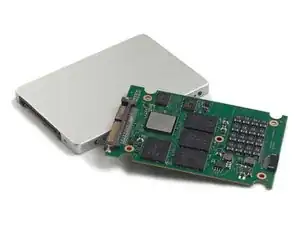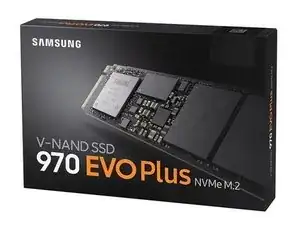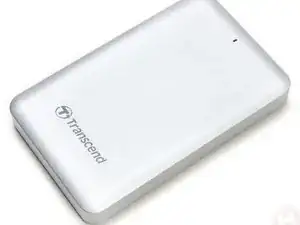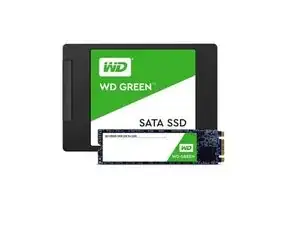Background
Unlike traditional hard disk drives (HDDs), which use spinning disks and mechanical arms to read and write data, SSDs have no moving parts, making them faster and more reliable.
SSDs are commonly used in computers, laptops, and servers to store operating systems, programs, and data. They offer faster boot times, faster file access, and faster program loading compared to HDDs. SSDs also consume less power, generate less heat, and are more resistant to physical shock and vibration than HDDs.
SSDs come in various form factors, including the standard 2.5-inch size for laptops and desktops, as well as M.2 and PCIe form factors for high-performance applications. SSDs are also available in different capacities, ranging from a few hundred gigabytes to several terabytes.



